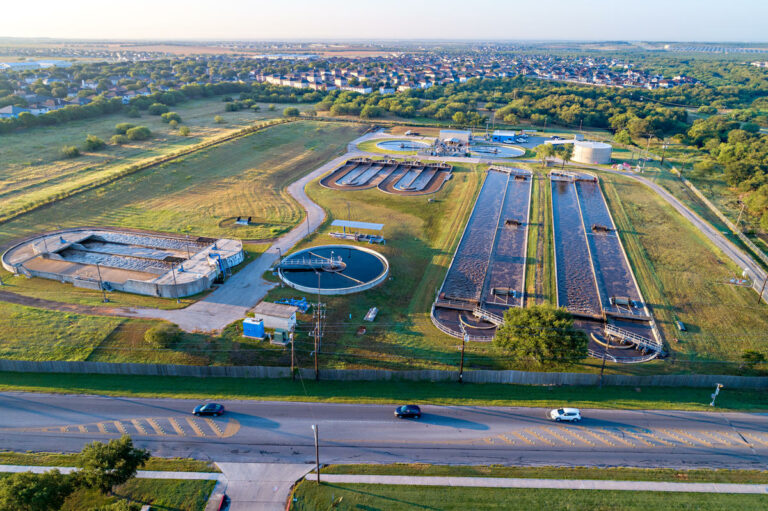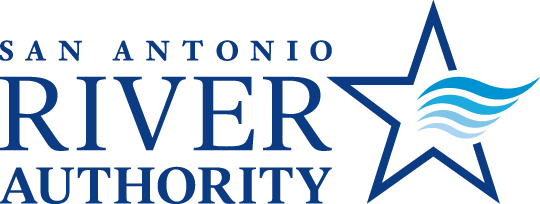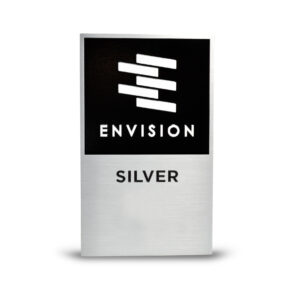The San Antonio River Authority (River Authority) began providing wastewater utility services in 1966. Today, the River Authority has five permitted active wastewater treatment plants. These plants utilize the latest technology to produce a high-quality effluent and to preserve the ecosystems into which the effluent is returned.
The costs of the wastewater treatment plants and service system, operations and maintenance, facilities expansions, and system administration are funded by connection fees, interest income on utilities funds, and uniform user rate charges.
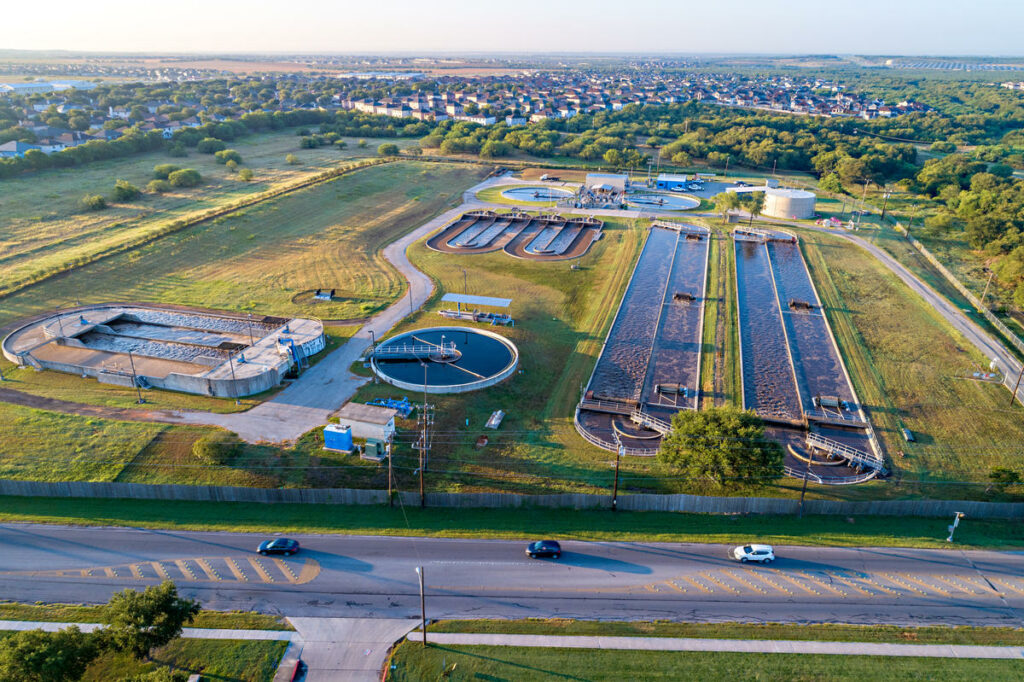
River Authority Wastewater Treatment Plants
The Upper Martinez plant services approximately 11,200 customers. The Upper Martinez plant began operation in 1967 with an average daily flow of 1.55 MGD and a permitted flow of 2.21 MGD.
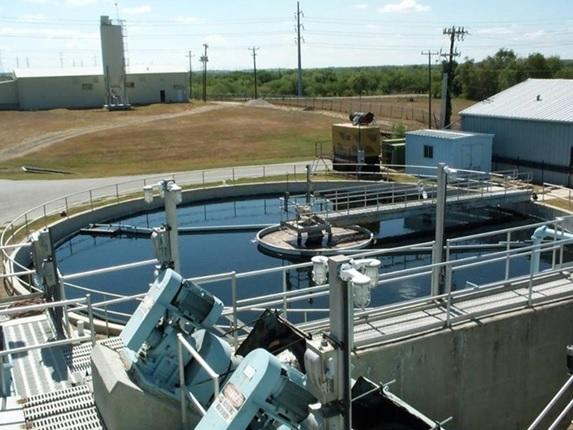
The Martinez II Wastewater Treatment plant services approximately 8,400 customers. Martinez II began operations in 1986 with an average daily flow of 2.12 MGD and a permitted flow of 3.5 MGD.
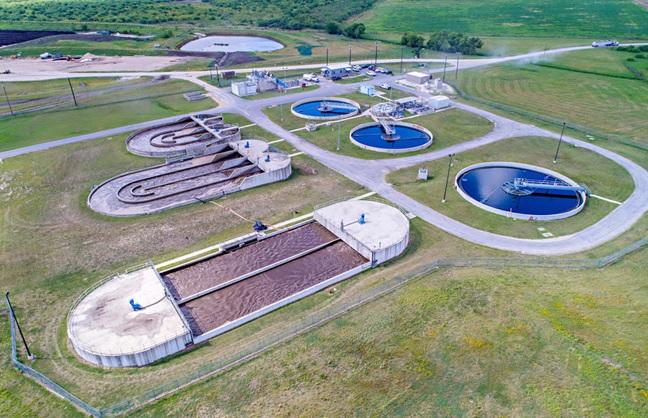
The Martinez IV Wastewater Treatment Plant services development in Eastern Bexar County approximately serving 6,700 customers. Martinez IV began operations in April 2019 with a permitted flow of 0.25 MGD. An expansion of this treatment plant in 2023 increased the permitted flow to 2.0 MGD.
Location of Customers Served
The Martinez IV Wastewater Treatment plant services development in The Parc at Escondido, Notting Hill, Notting Hill Manor, Summer Hill, Reserve at Schertz, Paloma, Heathers Place and Asher Place Subdivision located in eastern Bexar County.
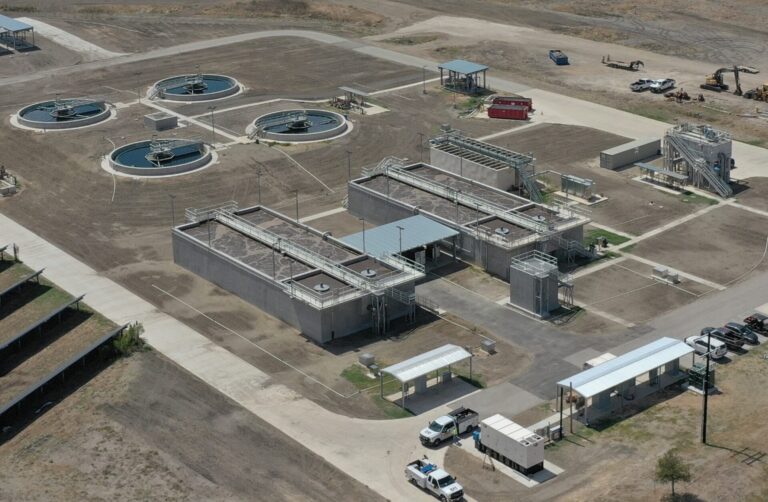
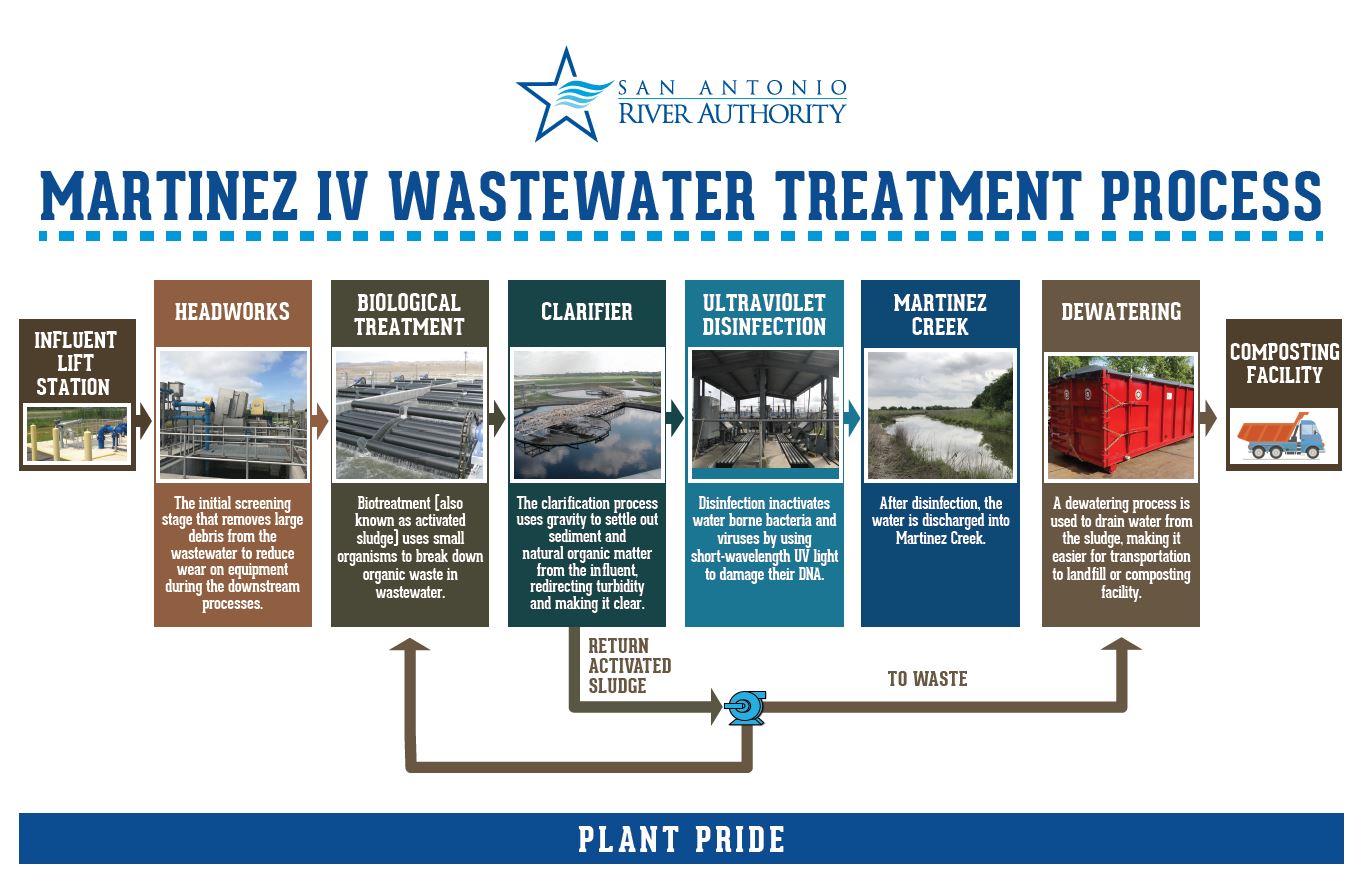
The First Responders Academy (FRA) Wastewater Treatment Plant services the Alamo Community College district and the First Responders Academy. The FRA plant began operations in 2013 with an average daily flow of 0.003 MGD and a permitted flow of 0.025 MGD.
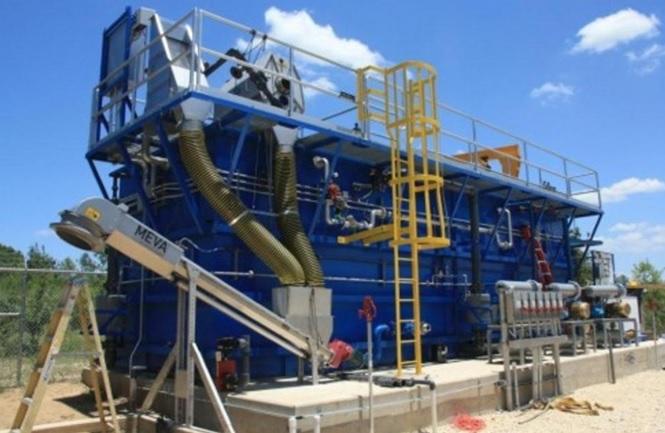
The Salitrillo Wastewater Treatment Plant (WWTP) services approximately 18,000 connections. The Salitrillo plant began operations in 1966 with an average daily flow of 3.96 MGD and a permitted flow of 5.83 MGD. In order to meet the growing population in the area, the Salitrillo WWTP recently completed an expansion bringing the total capacity to 7.33 MGD.
